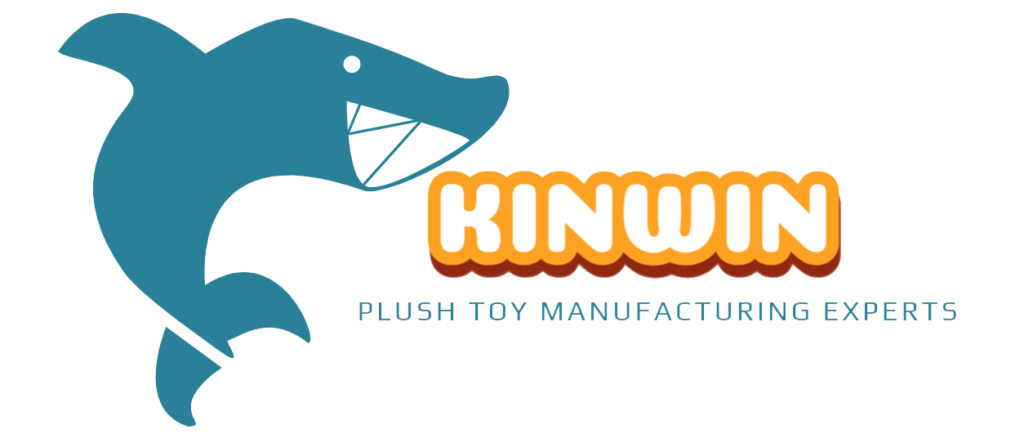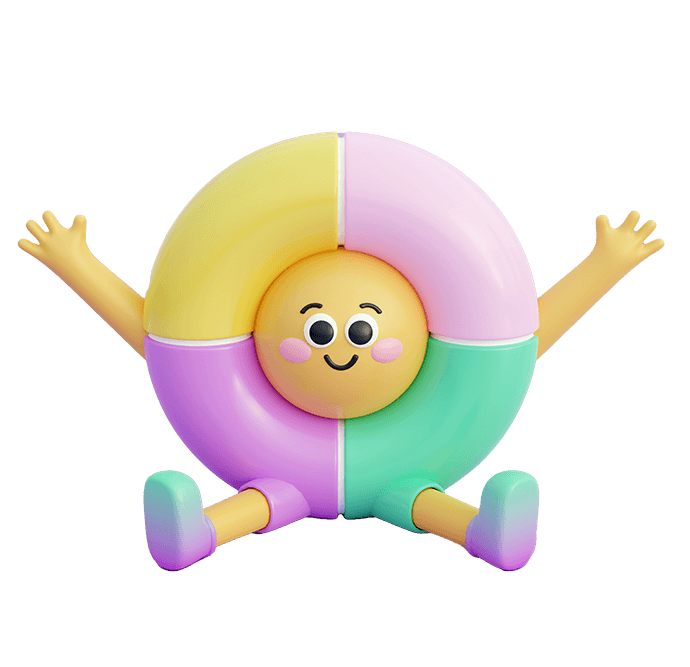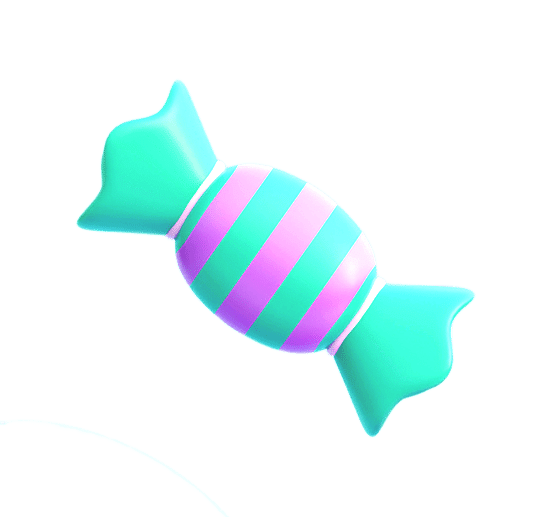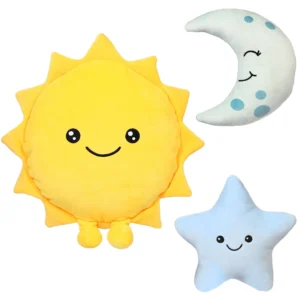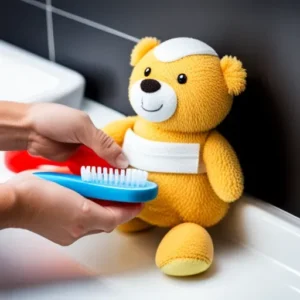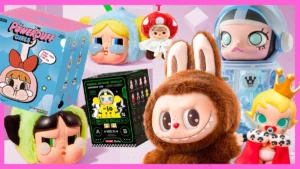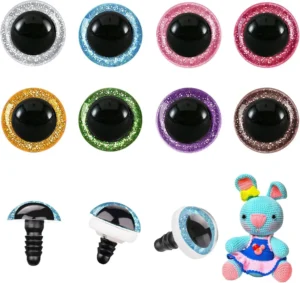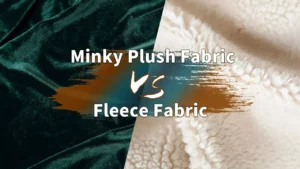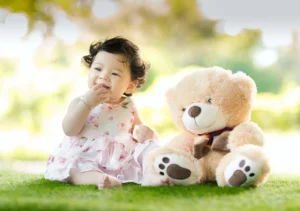When you think about plush toys, you likely picture soft, cuddly creatures that bring comfort and joy to children and collectors alike. But have you ever wondered about the process that goes into creating these beloved toys? Behind every plush bear, character, or custom creation is a plush toy manufacturer, a vital player in the toy industry. The process of designing, producing, and distributing plush toys is a complex one that requires precision, creativity, and a deep understanding of the market.
Plush toy manufacturers play a crucial role in bringing these cuddly companions to life. From selecting materials to managing quality control, manufacturers ensure that plush toys meet safety standards and are of the highest quality.
In this comprehensive guide, we will explore the key aspects of plush toy manufacturing, including materials, the leading manufacturers, quality control, sustainability efforts, and the process behind creating these toys. Whether you are in the business of plush toy sourcing or just curious about how these toys come to life, this guide will provide you with all the essential information.
1. What Are Plush Toys Made Of?
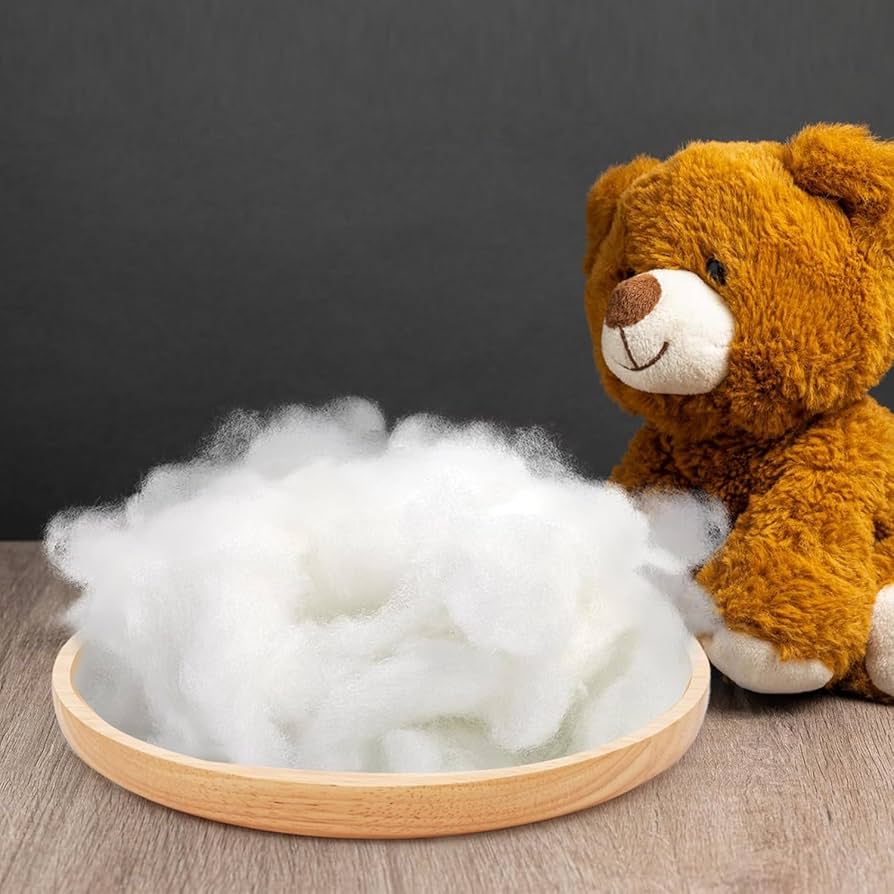
Plush toys are made from a combination of fabrics, stuffing materials, and various components. Understanding the materials that make up these toys is crucial, not only for quality assurance but also to ensure safety and comfort for the end user.
Plush toys are typically made from soft fabrics such as velboa, fleece, or cotton, and filled with polyester fiber, cotton, or other materials that give them their squishy, cuddly feel.
- Outer Fabric: The outer fabric of plush toys is generally made from soft, durable materials such as polyester or cotton. Velboa is commonly used for its velvety feel, making it perfect for plush toys that are meant to be cuddled.
- Stuffing Materials: The stuffing used in plush toys is often polyester fiber, which helps the toy maintain its shape while remaining lightweight and durable. Eco-conscious manufacturers may use organic cotton or recycled polyester to reduce the environmental impact.
- Additional Features: Some plush toys include small embellishments like buttons, embroidery, or zippers. These features are made with safe, non-toxic materials to ensure they do not pose any choking hazards for children.
| Material | Description | Use in Plush Toys |
|---|---|---|
| Velboa | A smooth, soft polyester fabric | Common for high-end plush toys |
| Fleece | Cozy and lightweight | Used for toys that need warmth or softness |
| Polyester Fiber | Durable, soft stuffing material | Most common filling for plush toys |
| Organic Cotton | Eco-friendly, soft material | Used in eco-friendly plush toy production |
2. Which Are the Leading Plush Toy Manufacturers in the Market?
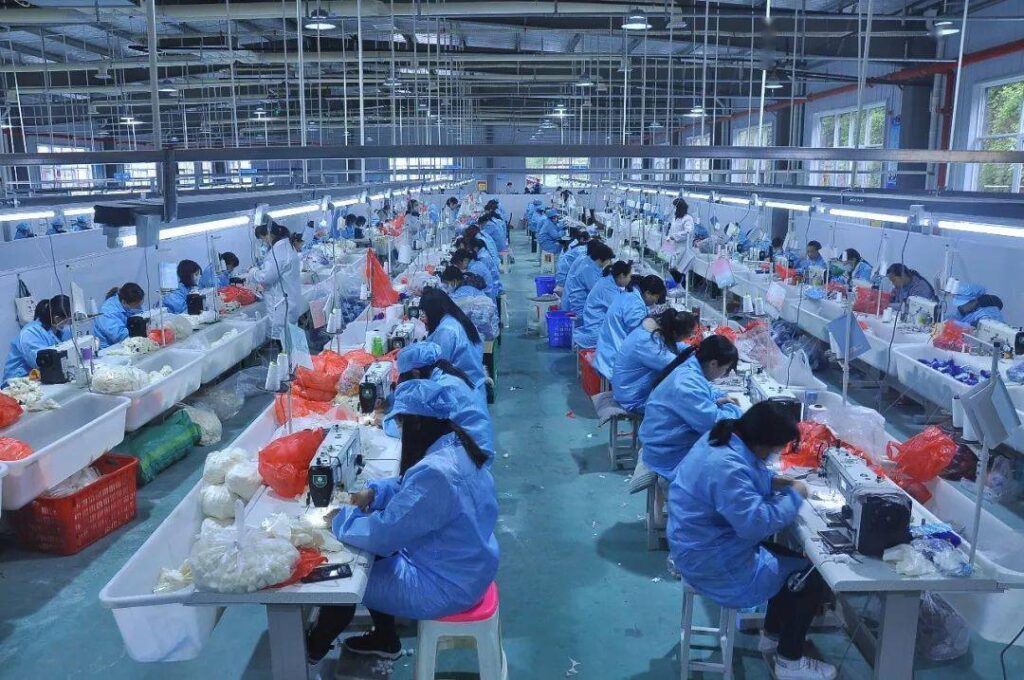
The plush toy industry is home to a number of global and regional manufacturers, each with its own style, specialization, and target market. Leading manufacturers are known for their expertise in creating high-quality plush toys that appeal to children and collectors alike.
Leading plush toy manufacturers include brands such as Build-A-Bear Workshop, GUND, and TY, all of which have established a strong market presence by creating iconic and beloved plush toys.
- Build-A-Bear Workshop: Known for its customizable plush toys, Build-A-Bear has revolutionized the way plush toys are sold by offering an interactive experience for customers. Customers can personalize their toys with clothing, accessories, and even sounds.
- GUND: As one of the oldest plush toy manufacturers, GUND has earned a reputation for high-quality and soft plush toys. Their products are beloved for their attention to detail and durability.
- TY Inc.: Best known for their Beanie Babies, TY Inc. is one of the biggest names in the plush toy market. The company has been a leader in creating plush toys that are not only cuddly but also collectible.
- Other Key Players: Other major manufacturers include Steiff, known for its high-end teddy bears, and Aurora World, which offers a wide range of plush toys from animals to characters.
| Manufacturer | Specialization | Famous Product |
|---|---|---|
| Build-A-Bear | Customizable plush toys | Build-A-Bear Workshop plush |
| GUND | High-quality, soft plush toys | GUND bears and characters |
| TY Inc. | Collectible plush toys | Beanie Babies |
| Steiff | High-end luxury plush toys | Steiff Teddy Bears |
3. How Do Plush Toy Manufacturers Ensure Quality Control?
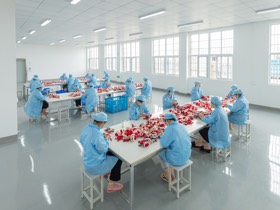
Quality control is a critical aspect of plush toy manufacturing, as these toys are meant to be safe, durable, and enjoyable for children. Manufacturers follow strict guidelines to ensure that every toy meets safety standards and is free from defects.
Plush toy manufacturers implement quality control measures like safety testing, inspections, and adherence to international safety standards to ensure that each toy is high-quality and safe for consumers.
- Safety Testing: Plush toys are subject to various safety regulations depending on the country. In the U.S., for example, toys must meet the Consumer Product Safety Commission (CPSC) standards, which include testing for choking hazards, lead content, and flame resistance.
- Material Inspections: Manufacturers conduct thorough inspections of all raw materials before production. This includes checking for the quality of fabrics, stuffing materials, and any accessories that will be attached to the plush toy.
- Production Inspections: During the manufacturing process, toys are frequently inspected to ensure they meet size, shape, and stitching requirements. This helps reduce defects that may arise from improper stitching or assembly.
- Post-Production Checks: After the toys are assembled, they undergo final quality checks. These checks focus on verifying that the toys are safe, meet design specifications, and have no functional or aesthetic defects.
| Inspection Stage | Purpose | Key Focus Areas |
|---|---|---|
| Raw Material Check | Ensure quality of fabrics and stuffing | Fabric strength, color consistency |
| Production Check | Monitor assembly for accuracy | Stitching, size, and material alignment |
| Safety Testing | Test for safety and compliance | Choking hazards, lead levels, fire resistance |
4. What Are the Different Types of Plush Toy Manufacturers?
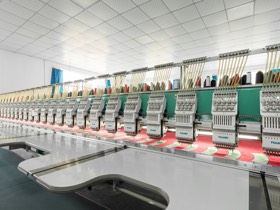
There are several types of plush toy manufacturers, each with its own specialization. Some focus on mass production for large retailers, while others may focus on creating custom, limited-edition plush toys for niche markets.
Plush toy manufacturers can be categorized into mass producers, custom manufacturers, and niche/eco-conscious producers, each catering to different market needs.
- Mass Producers: These manufacturers focus on creating large volumes of plush toys for major retailers and toy companies. They typically work with standardized designs and materials to meet global demand. Companies like TY and Aurora World are examples of mass producers.
- Custom Manufacturers: These manufacturers specialize in creating bespoke plush toys for brands, special events, or promotional purposes. They may offer custom designs, branding options, and unique packaging. Many small businesses and startups work with custom manufacturers to create unique products.
- Eco-Conscious Manufacturers: With growing environmental concerns, many manufacturers are turning to sustainable practices. These companies prioritize using organic fabrics, recycled stuffing, and eco-friendly production methods. They cater to consumers who are concerned about the environmental impact of their purchases.
| Manufacturer Type | Focus Area | Target Market |
|---|---|---|
| Mass Producers | Large-scale production of standardized plush toys | Global retailers, large brands |
| Custom Manufacturers | Bespoke designs, branding, limited-edition runs | Small businesses, event planners |
| Eco-Conscious Manufacturers | Sustainable materials and ethical practices | Environmentally-conscious consumers |
5. How Do Plush Toy Manufacturers Meet the Demands of Trends?
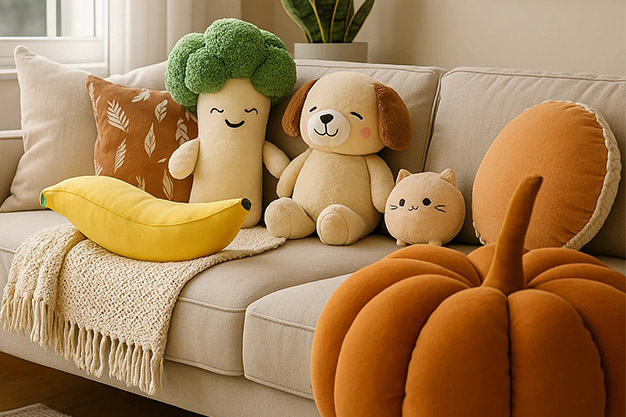
The plush toy market is constantly evolving, influenced by changing trends in pop culture, consumer preferences, and emerging technologies. Manufacturers need to stay ahead of these trends to remain competitive and continue creating popular products.
Plush toy manufacturers stay on top of trends by closely following popular culture, collaborating with major brands, and embracing new technologies in design and manufacturing.
- Licensing Trends: One of the biggest trends in the plush toy industry is licensing. Manufacturers frequently collaborate with popular franchises, movies, video games, and cartoons to create plush toys based on well-loved characters. This trend ensures that manufacturers stay relevant to contemporary audiences.
- Technology in Design: Some manufacturers are now incorporating technology into plush toys, such as adding sound chips, interactive features, or even augmented reality. These innovations help bring classic plush toys into the digital age and make them more engaging.
- Customization: Personalized plush toys are becoming increasingly popular. Manufacturers are offering more options for consumers to customize plush toys with names, messages, or specific character features.
| Trend | Description | Examples |
|---|---|---|
| Licensing | Collaborating with popular brands, movies, and franchises | Star Wars, Disney, Pokemon plush toys |
| Technology | Adding interactive elements, such as sound or AR features | Plush toys with voice recordings |
| Customization | Offering personalized features for consumers | Customized plush toys with names |
6. What Is the Manufacturing Process for Plush Toys?
The process of creating a plush toy involves several steps, from design to production. Each step requires meticulous attention to detail to ensure that the final product is both safe and high-quality.
The plush toy manufacturing process includes design, prototyping, fabric cutting, stuffing, stitching, and quality control. Each stage ensures the toy meets the desired standards.
- Design: The process begins with designing the plush toy, where manufacturers work closely with designers to create prototypes. This stage involves selecting the toy’s character, size, shape, and features.
- Fabric Cutting: Once the design is finalized, the fabric is cut into the necessary shapes. This is done using precise machinery to ensure consistency across all units.
- Stuffing and Stitching: The cut fabric pieces are stitched together and stuffed with soft materials like polyester fiber or cotton. This process gives the toy its shape and softness.
- Final Inspection: After the plush toy is assembled, it goes through rigorous inspection to check for quality, safety, and aesthetic details. Once approved, it’s packaged for shipment.
| Manufacturing Step | Description | Purpose |
|---|---|---|
| Design | Creating a prototype and finalizing design | Establish the toy’s appearance and features |
| Fabric Cutting | Cutting fabric into shapes | Ensure accuracy and consistency |
| Stuffing and Stitching | Filling and sewing the toy | Give the toy its shape and softness |
| Final Inspection | Quality check and testing | Ensure safety and quality standards |
Conclusion
Plush toy manufacturers play a crucial role in creating the soft, cuddly companions that bring comfort, joy, and entertainment to people of all ages. Whether you are sourcing toys for your business or looking for a perfect gift, understanding the manufacturing process, materials, and key players in the industry can help you make informed decisions.
At Kinwin, we specialize in creating high-quality, eco-friendly plush toys that meet the highest standards of comfort, durability, and design. If you’re interested in custom plush toys or have any inquiries, feel free to reach out to us today for a personalized quote!
